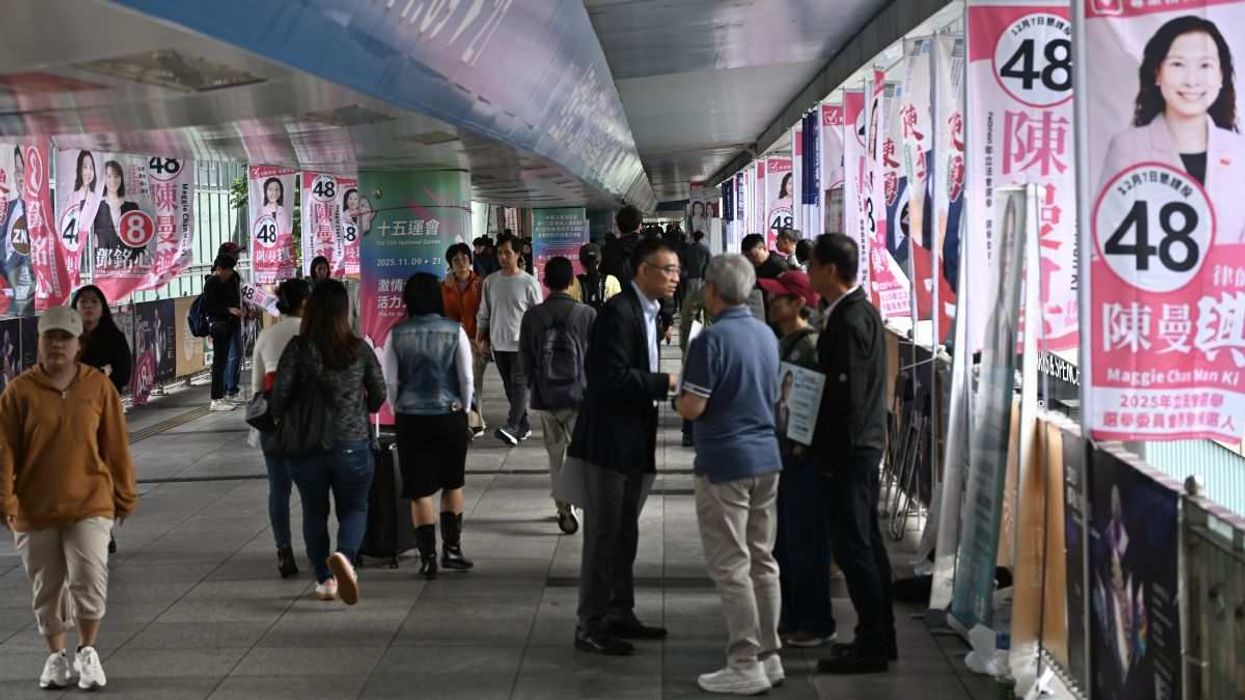As the coronavirus pandemic has plunged much of the world economy into turmoil, you've probably heard a lot about what might happen to "supply chains," the vast networks of manufacturing and shipping that help create and deliver all those plastic toys, iPhones, cars, pills, pants, yogurt, and N95 face-masks you've been waiting on.
The future of global supply chains is an especially important question for China, the world's manufacturing powerhouse. Some countries and companies now worry about relying too much on any single supplier for consumer and medical goods, let alone one where the government hid the first evidence of what became a global pandemic and sometimes enforces trade and investment rules in seemingly arbitrary ways. The US-China trade war — and the vulnerabilities it reveals for manufacturers — certainly don't help.
So, as foreign companies worry about whether continuing investment in China is a good idea, many countries are offering themselves as attractive alternatives.
Here's a look at three of those alternatives... with one big caveat.
India. Prime Minister Narendra Modi has long sought to boost his country's lagging manufacturing sector. Now New Delhi is redoubling its efforts to lure factories out of China, reaching out to firms directly, easing foreign investors' access to land, and even in some cases loosening labor regulations. India's fast-growing population of young people —workers and consumers — makes for a potentially attractive alternative to aging China. But Modi has a problem. His continued fondness for high tariffs as a way to protect local industry, and his decision to opt out of a major China-led Asian trade pact, limit his country's appeal for other Asian countries. After all, companies may want to leave China, but they still want preferential trade arrangements with the rest of Asia's massive consumer market.
Vietnam. As labor costs in China have risen over the past decade, some manufacturing has already relocated to Southeast Asia. Vietnam, which has streamlined trade and investment rules and concluded a free trade deal with the EU, is one of the biggest winners. In the six years to 2019, it alone absorbed almost half of all US manufacturing that left China, according to a study by Kearney, a consultancy. Now, having managed both the public health and economic aspects of the coronavirus pandemic well, the country is looking to benefit from a further exodus from China. But as some experts have pointed out, the country's relatively small (and aging) population, as well as its own dependency on Chinese imports, may limit its longer term appeal.
US. The Trump administration has seized on the economic fallout of what Trump calls "the China virus" to intensify its calls for American firms to bring manufacturing "back" to the US from China. Trade Representative Robert Lighthizer recently wrote that the age of "lemming-like" offshoring is now over. Data backs up his claims: The "Reshoring Index" in that same Kearney report, which measures the movement of manufacturing from Asia to the United States, found the largest reshoring jump on record in 2019. But making things at home is one thing – making them with human hands is another. As we've written, many companies are looking to automation to bring manufacturing closer to their home markets while also keeping costs down. That lessens the vulnerability of production to pandemics and tariff wars, but it doesn't do much for jobs.
Is China too big to fail? China still has huge advantages. First, rearranging supply chains isn't like changing table settings – it takes time to reorient billions of dollars in investment and infrastructure. Second, and more importantly, China has a billion consumers. It used to be that foreign companies wanted to be in China mainly because it was a cheap place to make things for export. But as China's own population has gotten more affluent (lifting more than 500 million people out of poverty will do that), the country is itself a leading consumer market for European and US firms. That makes decisions to leave the country much harder.


















